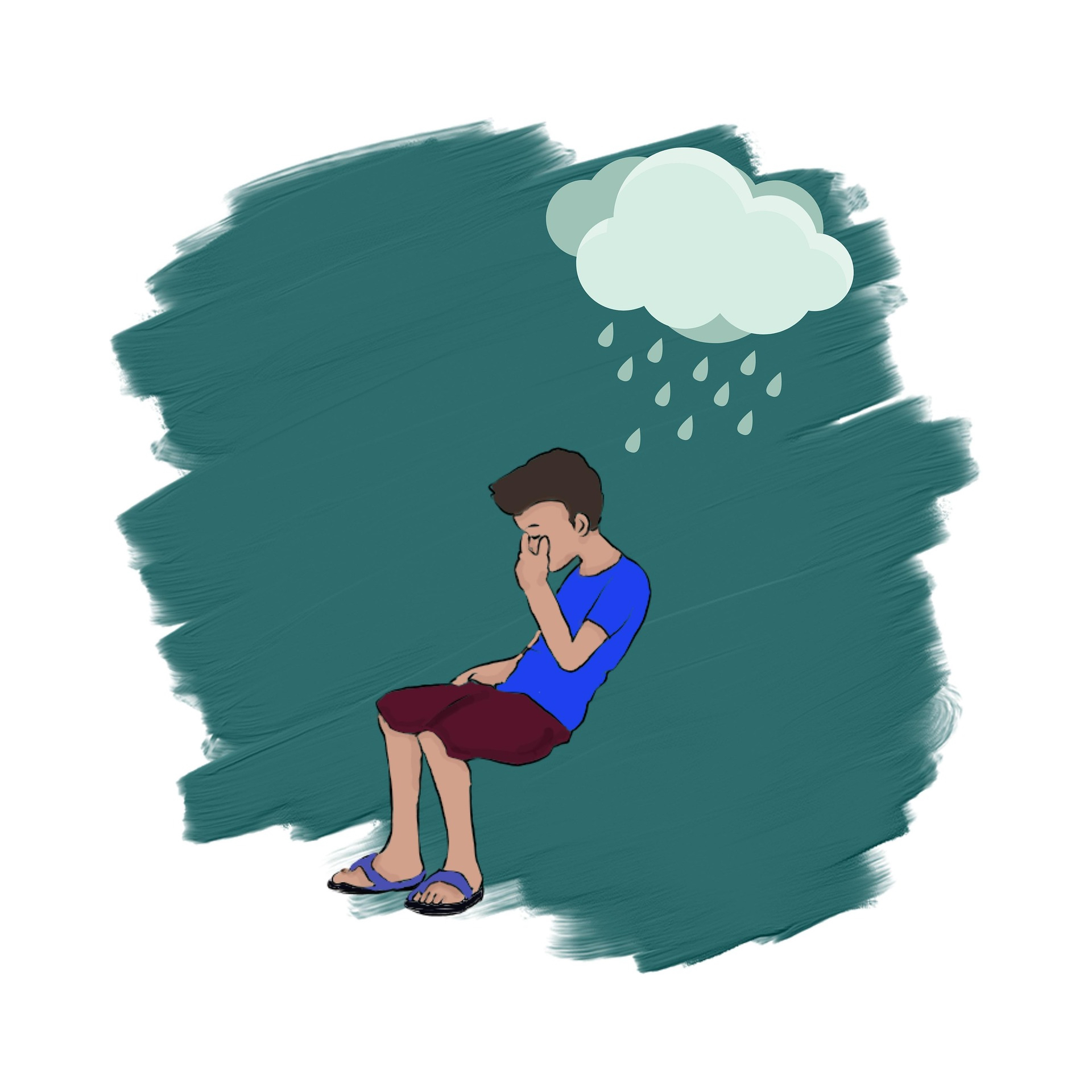This February during Children’s Mental Health Week, when industry attention and advertising is focused on children, parents should take a moment to examine what is actually happening in our schools to solicit potential new patients through mental health screening.
So called experts would have you believe that approximately 20 percent of children suffer from some form of mental illness yet these same “experts” are still promoting the false chemical imbalance theory. If you still believe such experts, then screening kids for mental illness seems reasonable. To not do so may appear heartless.
But are the statistics accurate? Not according to Diane Stein, president of the Florida chapter of the Citizens Commission on Human Rights (CCHR), a psychiatric watchdog organization whose purpose it is to investigate and expose abuse in the mental health industry. “In many cases,” says Stein, “psychiatric screenings are designed to cast a wide net to capture as many children as possible. Youth who are just experiencing the tribulations of being children, are often erroneously identified as having a mental disorder.”
“Once they are in this loop,” continues Stein, “labeled with a mental disorder, then they are often subjected to whatever dangerous solutions the psychiatric authorities recommend. Witness the 8.5 million children in this country who are drugged based on the labels they have been given.”
In an article titled, “9 Serious Concerns about Depression Screening for Youth” the efficacy of screening children for depression is brought into question. One of the liabilities brought to light by this article is the lack of research on whether screenings actually lead to better outcomes. Without evidence that children and teens benefit from the screenings it must be asked, who does benefit? The answer is pharmaceutical companies and the field of mental health.
“If these were workable solutions,” says CCHR’s Stein, “then a child or individual’s mental condition would improve, leaving them happier and more in control of their own emotions. But that is not the case. Psychiatry’s solutions are, at best, unworkable and at worst dangerous.”
Trends of increased screenings leading to drugs are a concern because so little is known about the long- or short-term effects of the prescribed drugs on a child’s developing brain, whether taken alone or in combination. In addition, these drugs may be prescribed “off-label,” meaning, essentially, with unproven efficacy and safety.
“We’ve got to stop acknowledging psychiatry as the authority,” says Stein. “Their results do not support or defend that position and we, especially parents, must stand up and demand real help for those in crisis.”



0 Comments